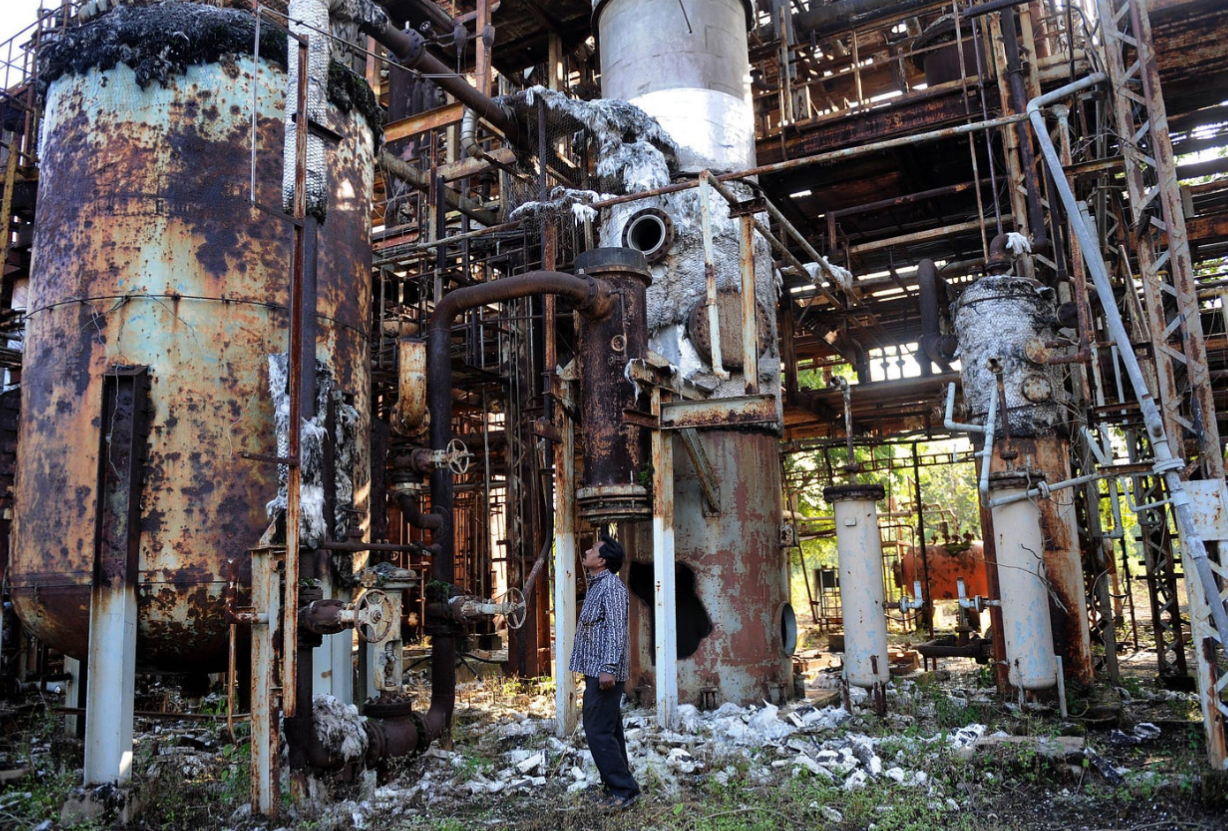The Weekly Reflektion 04/2024
This year is the 40th anniversary of the Bhopal disaster, arguably the worst industrial accident that has occurred. 20 000 people lost their lives directly or indirectly and over 500 000 people were treated for injuries. The Bhopal disaster is part of our industrial legacy, and it should be a reminder of the hazards associated with what we create and the consequences of failure to manage these hazards properly. The public has a justifiable skepticism towards industry, and we should understand that they are not always convinced when we tell them that we have control over what we are doing.

What is our industrial legacy and what does it mean for us?
Just after Mike and I started Reflekt in 2017 we decided to communicate our thoughts on Major Accidents through our weekly Reflektion. One of the first Reflektions was in week 49 with an overall message ‘Let us hope a disaster like Bhopal never happens again’. We also used a quote from George Bernard Shaw ‘If history repeats itself, and the unexpected always happens, how incapable Man must be of learning from experience’. 40 years as passed since that fateful day on 2ndDecember 1984 and to our knowledge a disaster like Bhopal has not happened since. However, there have been many other disasters, many people killed, the environment defiled, and extreme financial losses incurred in these 40 years. The reputation of industry has been under continuous onslaught from major accidents that often demonstrate our failure to learn from our experiences. As Trevor Kletz once said, we actually know how to do this (prevent major accidents), we just don’t always apply this knowledge.
In some of our recent Reflektions we have looked at the conviction of the officer of the watch on the frigate Helge Ingstad for negligence in connection with the collision with a tanker in Hjeltefjord in Norway in 2018. We were and are critical of the way the law treats the people directly involved in incidents and accidents and how the law fails to recognize the fallibility of people in these situations. It is thereforeinteresting to reflect on how the people responsible for the Bhopal disaster were treated in the legal processes.
Civil and criminal cases were filed in the United States against Union Carbide Corporation (UCC) and Warren Anderson, chief executive officer of the UCC at the time of the disaster. These were dismissed and redirected to Indian courts on several occasions between 1986 and 2012, as the US courts focused on Union Carbide India Limited (UCIL) being a standalone entity of India. Civil and criminal cases were also filed in the District Court of Bhopal, India, involving UCC, UCIL, and Anderson. In June 2010, seven Indian nationals who were UCIL employees in 1984, including the former UCIL chairman, were convicted in Bhopal of causing death by negligence and sentenced to two years’ imprisonment and a fine of about $2,000 each, the maximum punishment allowed by Indian law. All were released on bail shortly after the verdict. An eighth former employee was also convicted, but died before the judgement was passed.
It appears that the people ultimately responsible at UCC for the systems in place to ensure the safe operation of the Bhopal facility were not held accountable in a court of law. Is this fair? Is this a system that ensures that learning and experience transfer are applied continuously? Is this part of our legacy?
